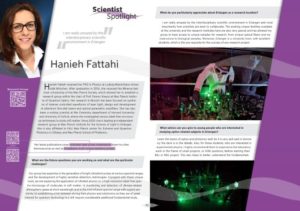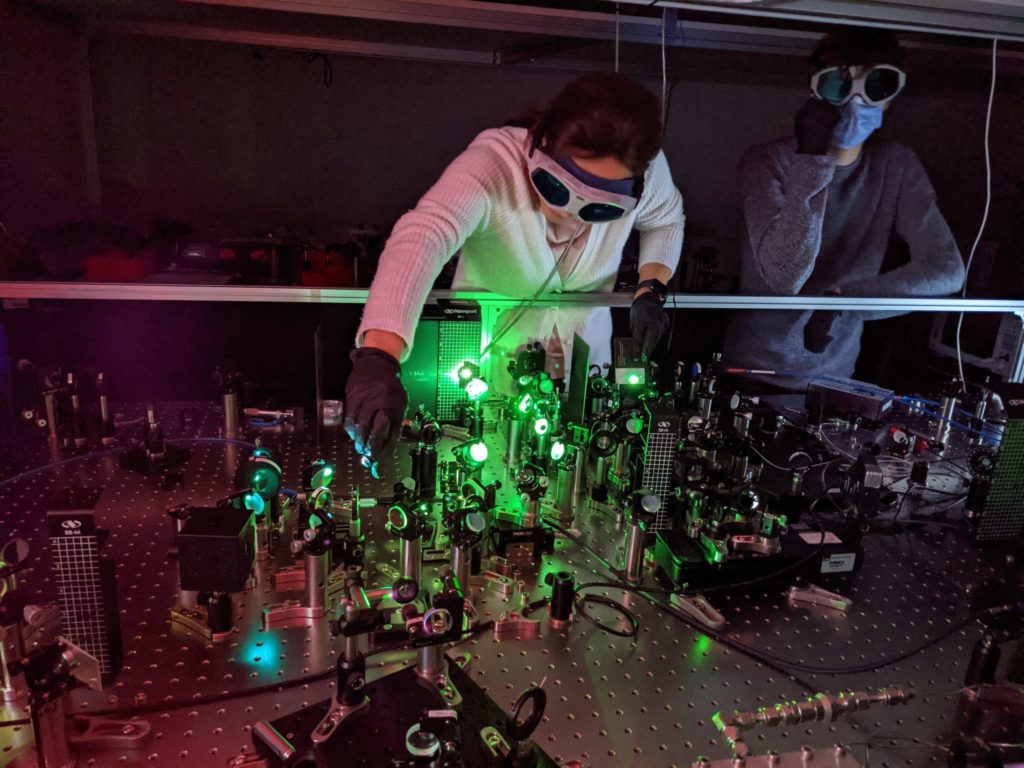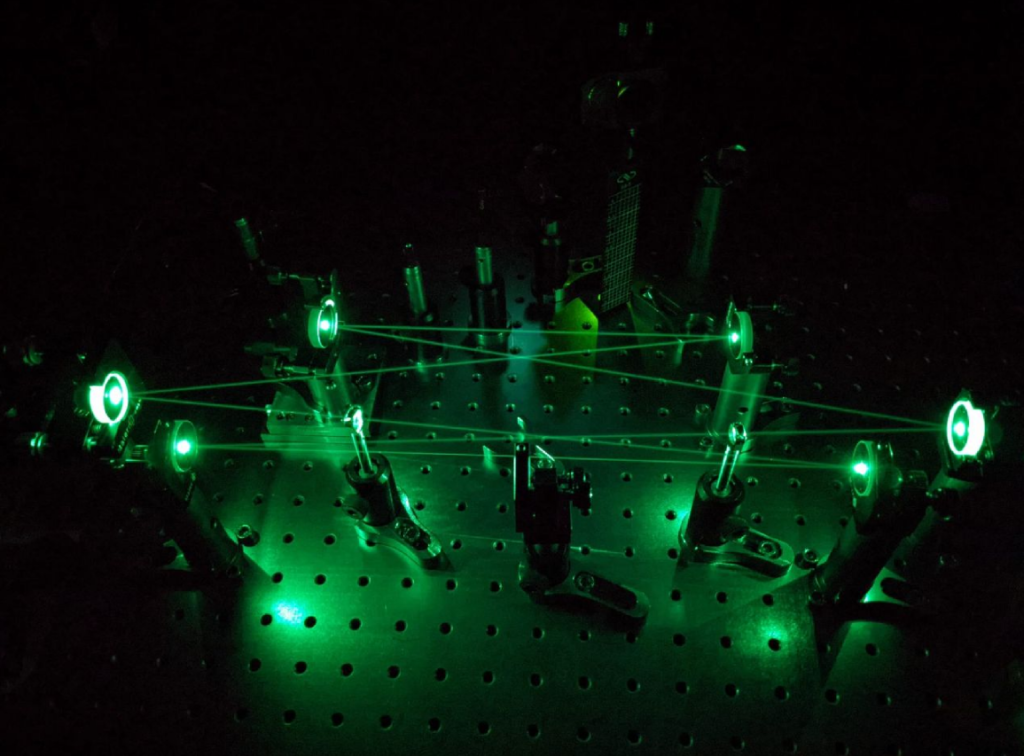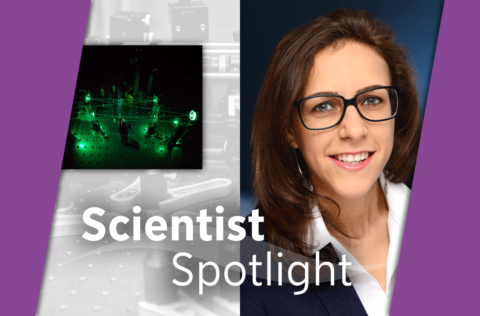Hanieh Fattahi
Hanieh Fattahi received her PhD in Physics at Ludwig-Maximilians-Universität München. After graduation in 2016, she received the Minerva fast-track scholarship of the Max Planck Society, which allowed her to establish a research group within the chair of Prof. Ferenc Krausz at Max Planck Institute of Quantum Optics. Her research in Munich has been focused on synthesis of intense controlled waveforms of laser light, design and development of ytterbium thin-disk lasers and optical parametric amplifiers. She has also been a visiting scientist at the Chemistry department of Harvard University and University of Oxford, where she investigated various label-free microscopy techniques to study soft matter. Since 2020, she is leading an independent research group at Max Planck Institute for the Science of Light in Erlangen. She is also affiliated to FAU, Max Planck center for Extreme and Quantum Photonics in Ottawa, and Max Planck School of Photonics.
Her latest publications cover nonlinear laser pulse compression down to a few femtoseconds as well as broadband multi-octave terahertz pulses.

Our group has expertise in the generation of bright ultrashort pulses at various spectral ranges, and the development of highly sensitive detection metrologies. Equipped with these unique tools, we are exploring the application of ultrafast physics in: i) high-resolution label-free spectro-microscopy of molecules in soft matter; ii) monitoring and detection of climate-related atmospheric gases at short wavelength and in the mid-infrared spectral range with superb sensitivity iii) establishing a link between strong-field physics and solotronics as they are of great interest for quantum technology but still require considerable additional fundamental study.

I am really amazed by the interdisciplinary scientific environment in Erlangen and most importantly how scientists are keen to collaborate. The existing unique facilities available at the university and the research institutes here are also very special and has allowed my group to have access to unique samples for research, from unique optical fibers and nanostructure to biological samples. Moreover, Erlangen is a university town, with excellent students, which is the pre-requisite for the success of any research project.

Learn the basics of optics and photonics well! As it is very well said in Germany: the devil is in the details. Also, for those students, who are interested in experimental physics, I highly recommend them to experience the laboratory work in the frame of small projects, or HiWi positions, before starting their BSc or MSc project. This also helps to better understand the fundamentals.
